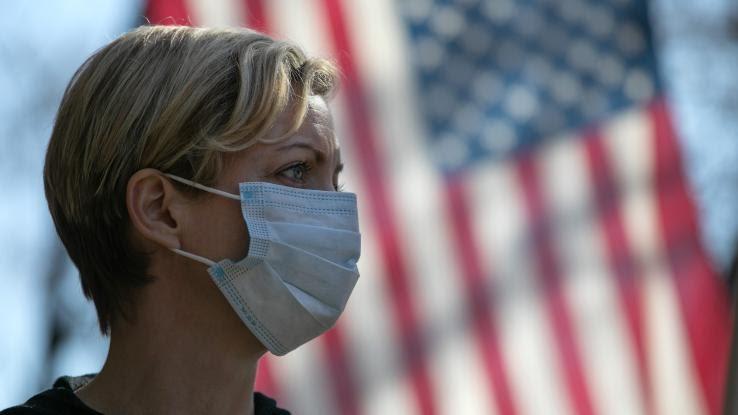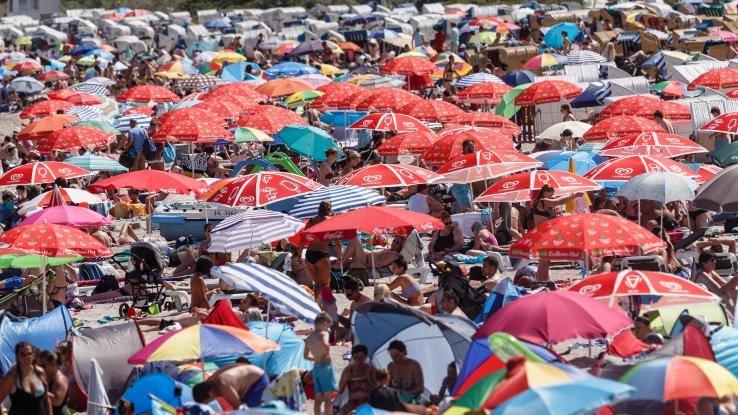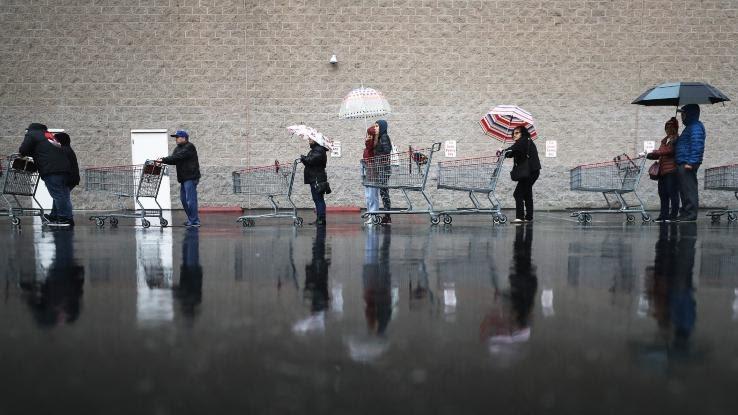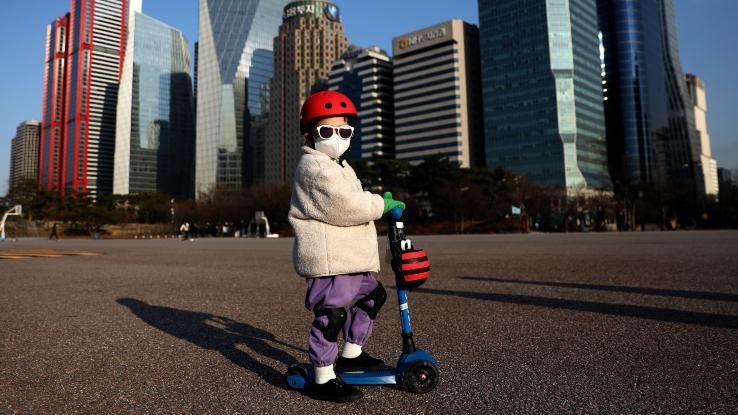Life After COVID-19: What Will Summer Look Like?

Millions of people have been waiting for life to resume a new normal after the COVID-19 pandemic struck, but we’re far from being out of the woods. As restrictions in the United States begin to ease up, case numbers have started to increase in the South and on the West Coast. This spike has been helped along by holidays like Memorial Day and by people’s desire to get outside and enjoy summer after sheltering in place.
Many Americans tend to travel during June, July and August to make the most of the sunshine or kids’ summer vacations. However, due to tighter travel restrictions, greater health threats and a significant rise in unemployment since January, it’s likely that the tourism industry will see fewer travelers in the summer of 2020.
As we seek to return to a state of normality, it’s important to recognize that “normal” has now changed in the wake of the novel coronavirus. While some of these changes are easily recognizable, some have yet to truly take effect. Here’s a brief glimpse into what may lie ahead for us in the coming summer months.
How Did We Come to Enjoy Summer Vacation?
Going on vacation, or holidaying, is a relatively novel norm for Western cultures. While travel itself is nothing new, historically speaking, it was once quite common for the average person to stay in their small village or town for their entire life, never venturing outside of their immediate social bubble. Only merchants and the wealthy had the opportunity and means to travel.

During this formative time in U.S. history, the average American typically worked a specific trade, such as cobbling, or worked the land. Large families were common, as children were precious free labor. These kids either became apprentices and learned a trade, or they earned their keep by working to plant, grow and harvest different crops.
Growing seasons are highly predictable, and most child laborers worked hard in the spring and fall seasons. Schooling occurred during the winter and summer months because there was little farming work to do. This begs the question: How did summer vacations really come to exist?
The answer is startlingly obvious: high temperatures. Before air conditioning became standard in businesses and homes, growing cities sometimes came to a standstill during the hot summer months. Those living in large urban areas fled to more rural locations to escape this unbearable heat. This trend coincided with a national initiative to make public schooling mandatory.
Thus, the modern school calendar was born. The economic boom of postwar America later created a robust middle class that seemed determined to take full advantage of their free summer season. As airplanes, trains and automobiles became more common modes of transportation, tourism flourished, creating what we know today as the classic summer vacation. In 2019, an estimated 68% of the US population planned to travel during summer. It’s now a cultural institution, which is why the prospect of missing it this year can feel like a hard pill to swallow.
Why Are Experts Predicting a Summer Spent at Home?
Throngs of tourists may have been frustrating in summer vacations past, but they’re now potentially lethal. Because COVID-19 is highly virulent and contagious, it is possible for anyone of any age to contract and spread it. Individuals with pre-existing medical conditions or compromised immune systems are most at risk for falling dangerously ill after contracting the virus, but perfectly healthy folks also put themselves at higher risk when they expose themselves to crowds.

Social distancing can be a nearly impossible task when you’re sitting on an overbooked airplane or standing in a long line for groceries. Wearing a mask can help you prevent spreading the disease to others, but unless you’re wearing full personal protective equipment, it won’t totally protect you from contracting the virus.
Because most of the world has been in some stage of lockdown since March 2020, the looming summer months have acted as a beacon of hope for many stuck at home. Unfortunately, we are still not at a point where vacationing is all that safe. Until a vaccine or treatment is created for COVID-19, the chances of contracting the virus while walking the beach, eating out at a restaurant or visiting a major city remain high. The summer of 2019 will look vastly different when compared to the summer of 2020 and beyond because — hopefully — many people will keep the risks in mind and opt to stay home instead of travel.
How Can We Replace Summer Vacations?
Summer vacations are difficult to replace. The thrill of traveling somewhere new, seeing the sights and trying interesting activities and cuisines is part of the experience. But there is hope — and there will be plenty of summers after this one. About 80% of the US population lives in urban areas. And while many are familiar with their closest gas station, grocery store or favorite shopping centers, there’s likely many areas of your hometown that you’ve yet to explore. Make it a point to visit that little mountain town you’ve always wanted to see or hike those trails you’ve yet to traverse. You can (and should) still get outside to enjoy the fresh air and sunshine; you just need to plan ahead and do it safely.

Enjoying time off from work is just as important for your mental health now as it was a year ago, if not more so. But visiting an international destination (or even a domestic one out of state) may be off the table this summer. Still, vacationing is easy when you have the right mindset and the right tools. It may be disappointing to cancel that long-awaited trip to Barcelona or Bangkok, but you’ll save a ton of money by staying at home this year — and you can still take a virtual vacation. If you absolutely must travel, however, be sure to check up on the most current precautions and recommendations from the Centers for Disease Control and Prevention and follow these guidelines, which also include some alternative ideas for “vacationing” at home.
In addition, by exploring and investing in your local community, you’ll be helping your neighbors and local businesses recover from the economic shock of the coronavirus pandemic. You may meet and befriend new people who live just down the road from you and make stronger connections with those who live near you. It’s important to maintain social distance while enjoying your summer at home, but the physical distance doesn’t have to equate to emotional distance.
Summer vacations are a great way to refresh our bodies and minds and prepare for the new school year. And right now, the world needs an opportunity to rest, relax and recover. While we may be attempting to do these things a little differently than we have in the past, that doesn’t mean that summer vacation is canceled or dead. We don’t need to replace our joyous summer fun — we just need to alter it slightly.





